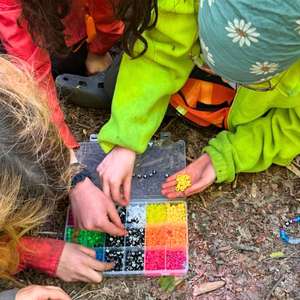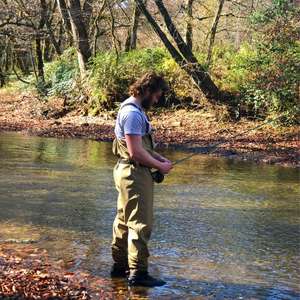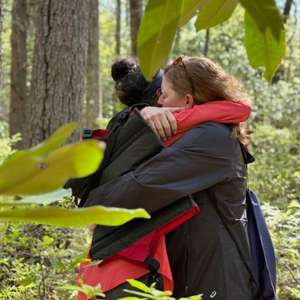Who We Help
Teens, Young Adults, and Families in Transition
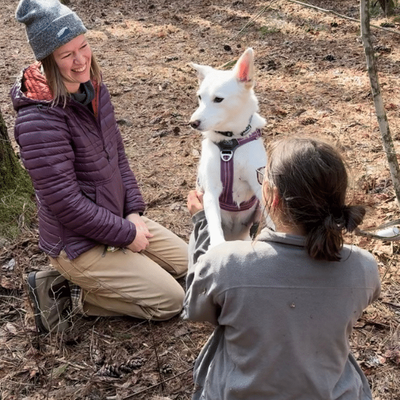
Student Profile: Early Adolescents, Teens, Young Adults and their Families
In our wilderness therapy groups, we work primarily with adolescents and young adults from the ages of 12-29. Outside of a small number of factors which may hinder a student's eligibility to enroll with us, we strive to work with all participants in an inclusive and equitable manner, carefully considering each individual’s physical, emotional and therapeutic needs throughout each step of the way.
All ages: Curious about an short-term therapeutic intensive or refresher for an individual, or family? Learn more about Precision Track here ➔
Our students often face the following challenges:
- Depression & Anxiety
- Substance Dependence/Use
- Gaming and Internet Addictions
- Academic Frustration, Avoidance and Failure
- Low Self Esteem and Poor Self Concept
- Self Harm and Suicidality
- Addiction and Addictive Behaviors
- Low Frustration Tolerance and Difficulty Delaying Gratification
- Life Adjustment Problems
- ADHD, Developmental Delays and Learning Differences
- Identity Issues
- Attachment and Adoption Issues
- Social Challenges
- Family Conflict
Grief and Loss
Sexual Acting Out
Complex and Developmental Trauma
We are happy to work with parents, home therapists and doctors to understand existing diagnoses for each student in our care. We provide early clinical services and assessments that, combined with your input and the student’s medical history, helps us to develop a clinically sophisticated and individualized therapy plan for your child and your family.
Exclusionary Criteria
While wilderness therapy is often recognized as one of the most effective treatment modalities for treating adolescent problems, there are characteristics and diagnoses that present challenges to safety and efficacy. Our exclusionary criteria are designed to ensure that your child receives effective treatment without compromise to health and safety. The following are examples of potential exclusionary criteria, although every case is considered on an individual basis.
- Active suicide attempts
- Psychotic symptoms
- Acute / chronic violence outside the home
- Medical conditions that may require emergency services during routine wilderness living, including:
- Diabetes (insulin-dependent)
- Allergies that may lead to anaphylactic shock
- Significant obesity
- Cardiac conditions or other organ dysfunctions that may lead to emergency care
- Active Eating Disorders
Each case will be evaluated individually with consideration to the client’s experience and willingness, doctor recommendations, and the history and context of the above conditions. If you have any questions about how our program may serve your adolescent, please call our admissions team at 888-914-1050.
